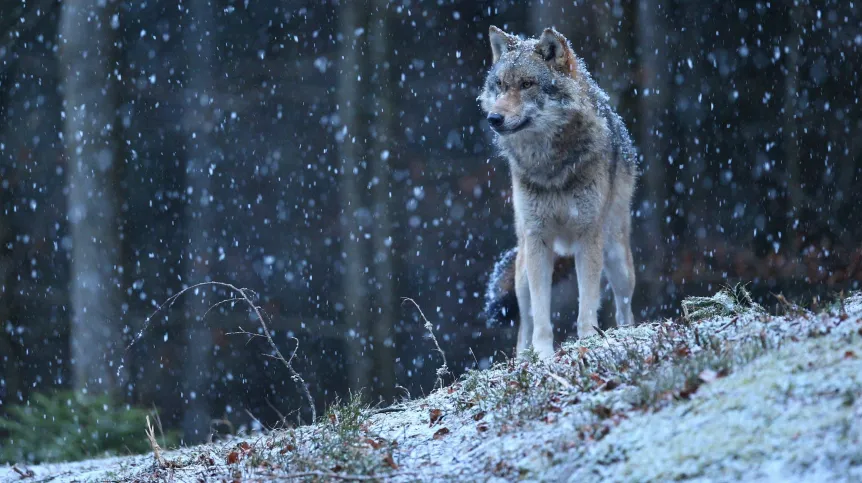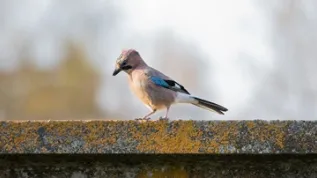
Scientists have called for the implementation of a coordinated and standardised European database with quality-controlled livestock predation data.
The aim of the initiative is to better protect large predators and reduce conflicts between these animals and humans. The letter signatories include Nuria Selva and Carlos Bautista from the Institute of Nature Conservation of the Polish Academy of Sciences.
'The nature directives of the European Union have contributed to the recovery of large carnivore populations, which were decimated after centuries of persecution. However, in September, the European Commission claimed that wolves pose a danger to livestock and requested that anyone with any type of related data submit it as part of a review of the wolf's conservation status. Requesting unvetted data instead of relying on the scientifically sound data on species conservation status regularly provided by each member state upends established legal procedures,’ the scientists write in the journal Science.
At the beginning of September, the President of the European Commission Ursula von der Leyen claimed that wolves in some regions of Europe had become a real threat to farm animals and announced that the EC has started consultations on the population of this species in Europe. The EC does not rule out that changing the protection status of the wolf in European Union after their completion. The Commission invited local communities, scientists and all interested parties to submit updated data on the wolf population.
In the letter, scientists call to use the so-called FAIR (Findability, Accessibility, Interoperability and Reusability) guidelines to assess the scale of damage caused by large predators. One of the signatories, Dr. Hab. Nuria Selva emphasises that these guidelines are increasingly used in all scientific disciplines; they constitute an obligation for the scientific community, associations, institutions, repositories and publishers to deposit and make data available.
‘With reliable data, the Commission can properly assess the impact of large carnivores and implement evidence-backed solutions. Losses due to large carnivore damage are not a threat to the livestock husbandry. Between 2012 and 2016, less than 00.06% of the over-wintering sheep stock on mainland Europe was lost annually as a result of predation,’ the scientists report.
They add that when it comes to data on damage caused by large predators compiled by local, national or European authorities or responsible institutions, the situation is far from perfect. 'Data on farm animals that have fallen prey to large predators and the associated economic costs, as well as on subsidies received by the livestock sector, are scattered, difficult to obtain, they are not standardised or subject to quality control,’ Dr. Selva points out.
According to the researchers, policies aimed at reducing conflicts between humans and large carnivores urgently require scientific assessment of the effectiveness of various preventive measures that are consistent with nature conservation objectives. And such reliable assessments can only be carried out by implementing a coordinated and standardised European database with quality-controlled data.
The tesearchers argue that large predators play a key role in ecosystems. They point out that ecosystems inhabited by large predators function better and are more resilient. Increasing the resilience of ecosystems is the basis of EU policy on mitigating and adapting to climate change, and maintaining functional populations of large predators is a legal obligation of all EU countries.
The scientists also note that economic losses - for which farmers receive subsidies - have been used to justify culling and 'lethal management' of wild predator populations, 'strategies that are ineffective at preventing livestock losses and can lead to increased damage.’
The researchers caution against ignoring scientific evidence and using unreliable data, saying: ’Increased culling of large predators could hinder the connectivity needed to recover genetic variability of some isolated populations, compromising their long-term viability.’
According to the scientists, there is an urgent need to promote the coexistence between large carnivores and humans. (PAP)
PAP - Science in Poland, Magdalena Barcz
bar/ zan/ kap/
tr. RL













